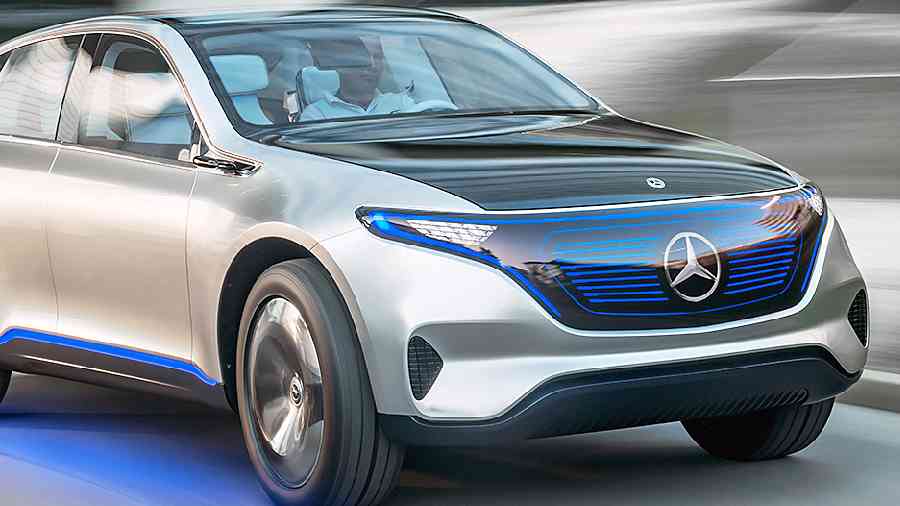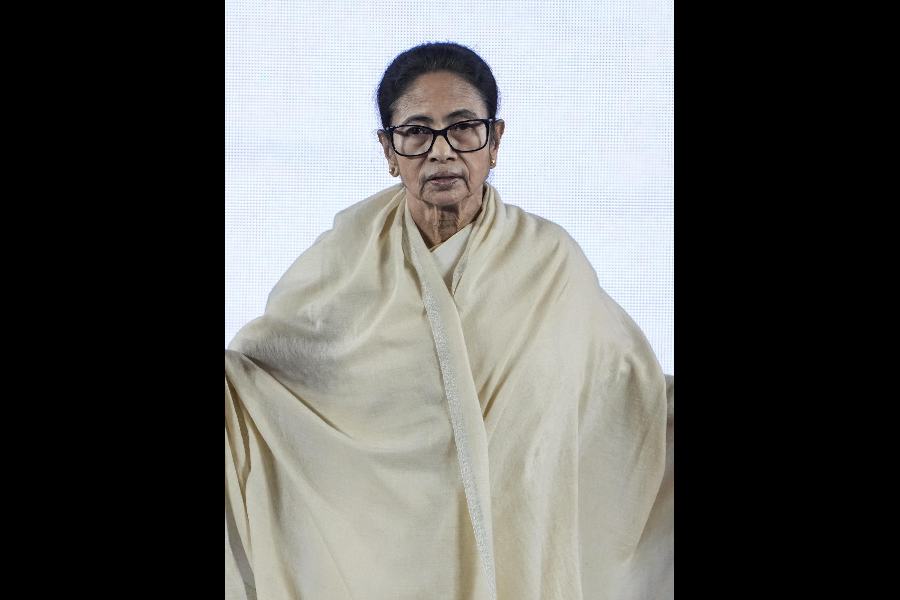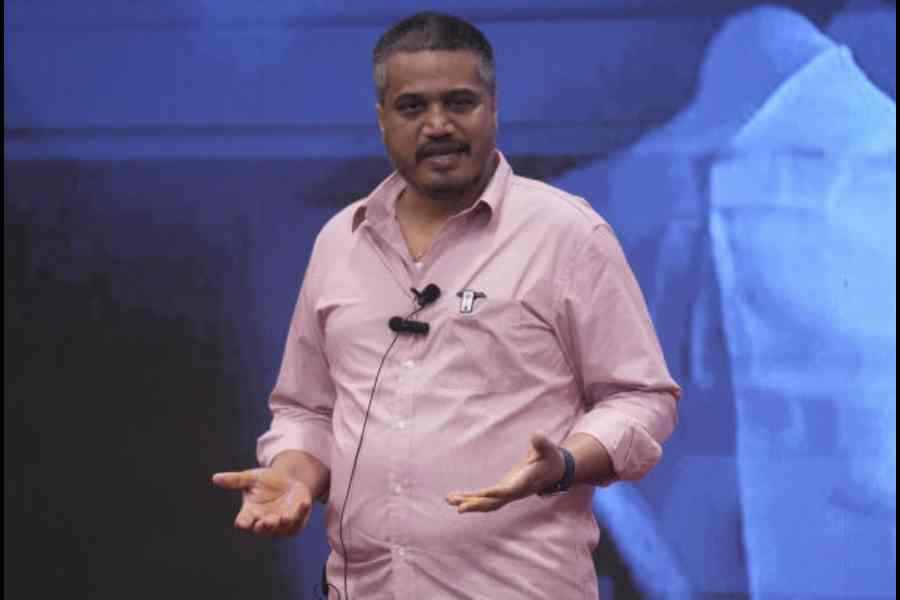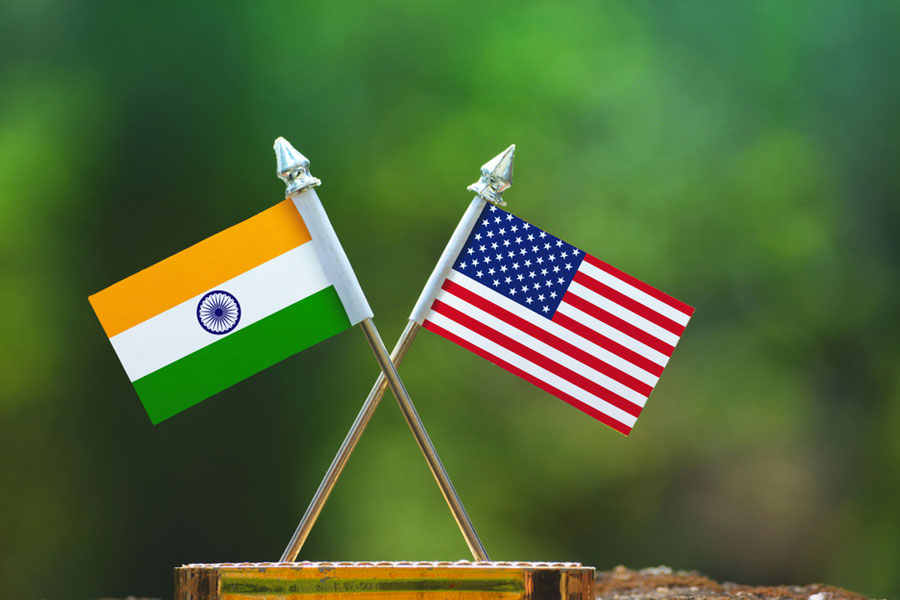Mercedes Benz India Limited (MBIL) is facing a supply crunch in electric vehicles that is limiting its expansion in the segment. With a huge demand for EVs worldwide, the Indian subsidiary does not have a clear visibility on the availability of cars.
“We will have four new EVs in the next 12 to 18 months,” said Santosh Iyer, CEO and managing director of MBIL.
“Availability of EVs is a challenge because of high demand. We want to launch cars when we have clear visibility about supply. Right now, the factories in Germany are busy catering to the local demand,” said Iyer.
Right now MBIL’s portfolio has four EVs: the EQS, the EQS AMG, the EQB and the EQB 350. “About two to four per cent of our sales are from EVs now but we have a clear road map and a gameplan that by three years, 25 per cent of our sales will be from EVs,” said Iyer.
Regarding the adoption of EVs in India, the Iyer preferred the example of EQB and the GLB. “EQB and GLB are similar cars, both are CBUs, both seven seaters, both are priced similarly, the former is an EV and the latter an ICE vehicle. Yet 70 per cent of the take rate is for EQB while 30 per cent is for GLB. Earlier it used to be 50:50 for EV and ICE, now it’s 70:30. Adoption of EVs is now a more product-led issue than a market-led issue,” said Iyer.
“Now we have introduced the EQB 350 at a greater price of Rs 77 lakh and still the demand remains the same. If we are able to launch more products there will be adoption,” he added.Mercedes is working onthree areas to make EV ownership seamless for itscustomers.
“We are making prices competitive, we started by localising the EQS. We are also offering a residual value of EVs, at par with combustion vehicles. Customers think as all electronic items like mobile phones, laptops, and EVs will also depreciate. So here we stepped in and are giving them the same residual value guarantee that we are offering for ICE vehicles i.e. 64 per cent of the value of the car after three years.”
“We are telling them that EVs are not depreciating assets. We are also making charging infra available for customers complimentary for the first year, we are giving them plug-in chargers and adopters at home, giving them peace of mind,” Iyer said.
Talking of the Indian experience, he said: “While in the West, they wait for the solution before buying, in India, we jump headlong and then try to find a solution. While charging infrastructure is developing, we have customers already buying EVs.”
While Mercedes globally will stop making ICE vehicles by 2025 and transition to EVs by 2030, Iyer feels in India, it will take another year or so. About the survival of ICE vehicles, Iyer said that depended on how stringent the emission laws are.










